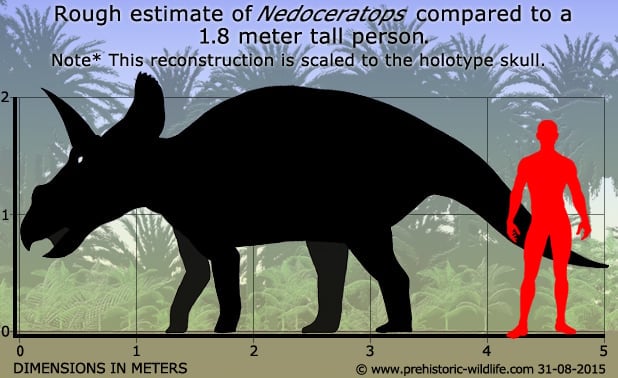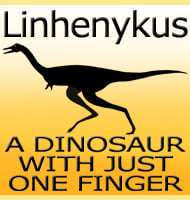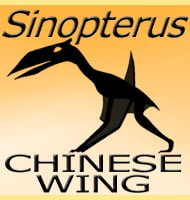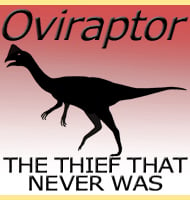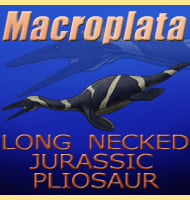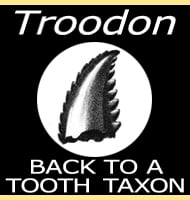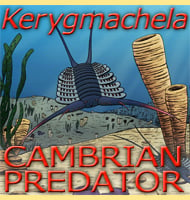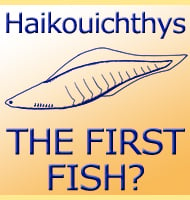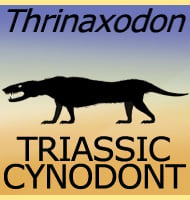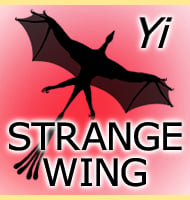In Depth
Nedoceratops is a genus of ceratopsian dinosaur that lived in North America in the late Cretaceous. So far only a single skull has been attributed to the genus, but originally this skull was called Diceratops. When this name was found to already be in use however, the name Nedoceratops was given to the skull. One year later Oct�vio Mateus, then unaware that a new genus had been created, named the skull Diceratus, which is now listed as a synonym to Nedoceratops. In life Nedoceratops would have been a medium to large genus of ceratopsian dinosaur. The name Nedoceratops is a reference to the lack of a nasal horn.
Nedoceratops is currently seen as a dubious genus with some researchers considering the skull to be valid, while others consider it to belong to an already named genus. Indeed, Nedoceratops got caught up early in the great Triceratops/Torosaurus synonymy debate. This started in 2010 when John Scanella and John Horner proposed that Torosaurus was the true adult form of Triceratops, and that the holotype skull of Nedoceratops was the link that showed this growth. However, a later study by Andrew Farke showed that the holes in Nedoceratops were probably the result of disease and did not match the form of the holes seen in Torosaurus. At the time of writing Scanella and Horner concede that Nedoceratops is probably not ‘the’ transitional form that they need to prove their theory, but insist that the holotype skull is of a diseased Triceratops.
Further Reading
- Restoration of the horned dinosaur Diceratops. - American Journal of Science. Series 4, 4: 420–422. - Richard Swann Lull - 1905. - A new replacement name for Diceratops Lull, 1905 (Reptilia: Ornithischia: Ceratopsidae). - Zoosystematica Rossica, 16(2). - A. S. Ukrainsky - 2007. - Two ornithischian dinosaurs renamed: Microceratops Bohlin 1953 and Diceratops Lull 1905. - Journal of Paleontology 82 (2): 423. - Oct�vio Mateus - 2008. - Synonymy of the genera Nedoceratops Ukrainsky, 2007 and Diceratus Mateus, 2008 (Reptilia: Ornithischia: Ceratopidae). (Sinonimiya rodov Nedoceratops Ukrainsky, 2007 Diceratus Mateus, 2008 (Reptilia: Ornithischia: Ceratopidae). - Paleontologicheskii zhurnal, 2009(1): 108.) - Paleontological Journal, 2009 43(1):116. - A. S. Ukrainsky - 2009. - Anatomy and Taxonomic Status of the Chasmosaurine Ceratopsid Nedoceratops hatcheri from the Upper Cretaceous Lance Formation of Wyoming, U.S.A. PLoS ONE 6 (1). - A. A. Farke (Leon Claessens, ed) - 2011. - Nedoceratops: An Example of a Transitional Morphology. - PLoS ONE 6 (12). - John B. Scanella, John R. Horner & Leon Claessens - 2011. - Is Torosaurus Triceratops? Geometric Morphometric Evidence of Late Maastrichtian Ceratopsid Dinosaurs. - PLoS ONE 8 (11): e81608. - Leonardo Maiorino, Andrew A. Farke, Tassos Kotsakis, Paolo Piras & Richard J. Butler - 2013.
